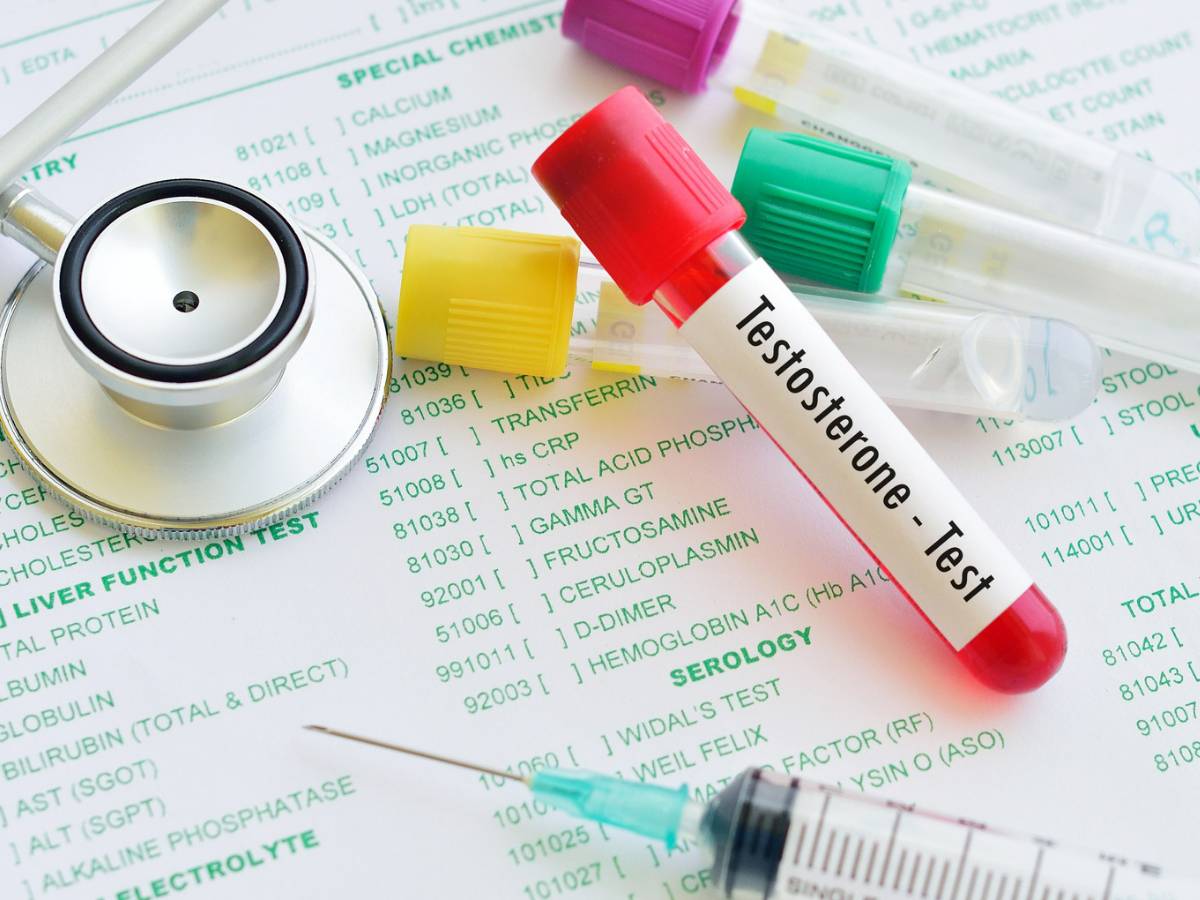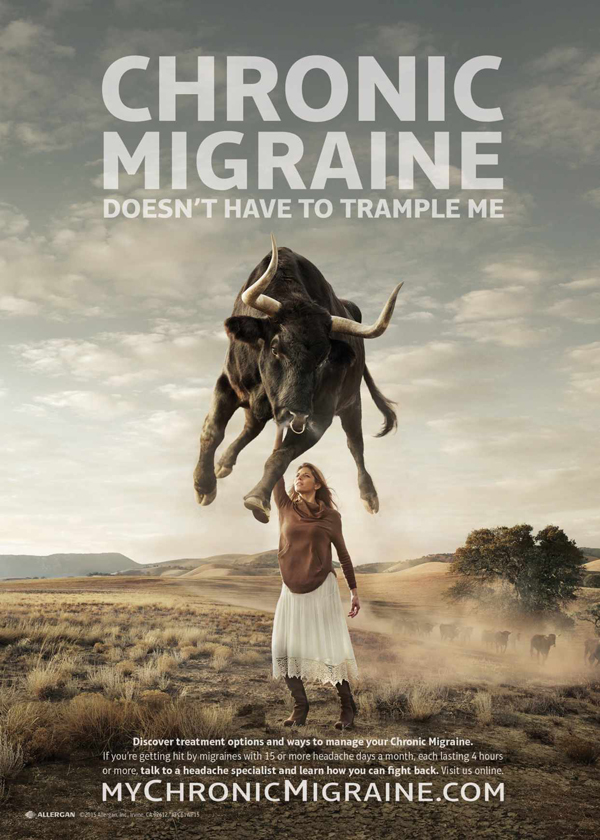Testosterone is best known for defining and developing male characteristics. Its quantity affects depth of voice, facial hair, sperm production, and more. When testosterone levels start to go down after the age of 30, there might be negative effects on bone density, sex drive, and muscle strength.
Before you go ahead to buy the best testosterone booster, it is vital to have an endocrinologist check your levels at this point in your life. There is a connection between persistent headaches and low testosterone levels. In this article, we will take a close look at this relationship and whether boosting testosterone is for you.
Migraines and Estrogen
In women, the fluctuations of estrogen and progesterone levels at different parts of the menstrual cycle are known to cause migraine and cluster headaches. Even though estrogen and testosterone represent opposite gender attributes, both women and men have them.
An estrogen-testosterone imbalance can result in migraines if a man has low testosterone. When this happens, estrogen production rises whereas testosterone levels either stay the same or go down. Low testosterone can be resolved by testosterone replacement therapy, which can in turn treat migraines in both sexes.
What Research Says
There are numerous studies with a focus on the effect of high estrogen and low testosterone levels on migraine and headaches among men. Likewise, there is also an abundance of research on testosterone therapy as a migraine treatment.
In 2012, Maturitas published a study that involved observation of the effect of testosterone therapy in premenopausal and postmenopausal women suffering from migraines. The results showed that testosterone pellet implants relieve the condition in both.
Meanwhile, a 2018 study by the Leiden University Medical Centre had researchers take blood samples from a group of men in the same age group and with similar health conditions. Among them, there were 17 individuals suffering from migraines on a regular basis. The results showed that their estrogen levels were higher by 50% than their peers even though they had comparable testosterone levels.
Low Testosterone Treatment and Migraine
It should be noted that more studies should be conducted before testosterone therapy for migraine is employed on a larger scale. Even so, research has shown these promising benefits:
- Increased serotonin levels
- Improved blood flow in the brain
- Reduced brain swelling
- Resumed normal brain electrical activities
Should I Do Testosterone Therapy?

Human testosterone levels gradually decline with age, resulting in weariness, decreased sex drive, and mass and strength loss. Restoring the hormone to normal levels can typically resolve some of these issues.
Testosterone boosters are commonly available as supplemental herbs and nutrients that can assist your body in increasing testosterone levels. Because there are so many variables, it may take some time to reach the desired outcomes.
Adjustments in your habits can also help boost your testosterone production. With or without testosterone supplements, these measures can help raise your levels of testosterone.
Low T therapy is an effective medical treatment if you want to stabilize your testosterone levels. However, there are associated risks that you need to take into consideration. Get in touch with a doctor today if you believe that your migraine is caused by a testosterone-estrogen imbalance.




